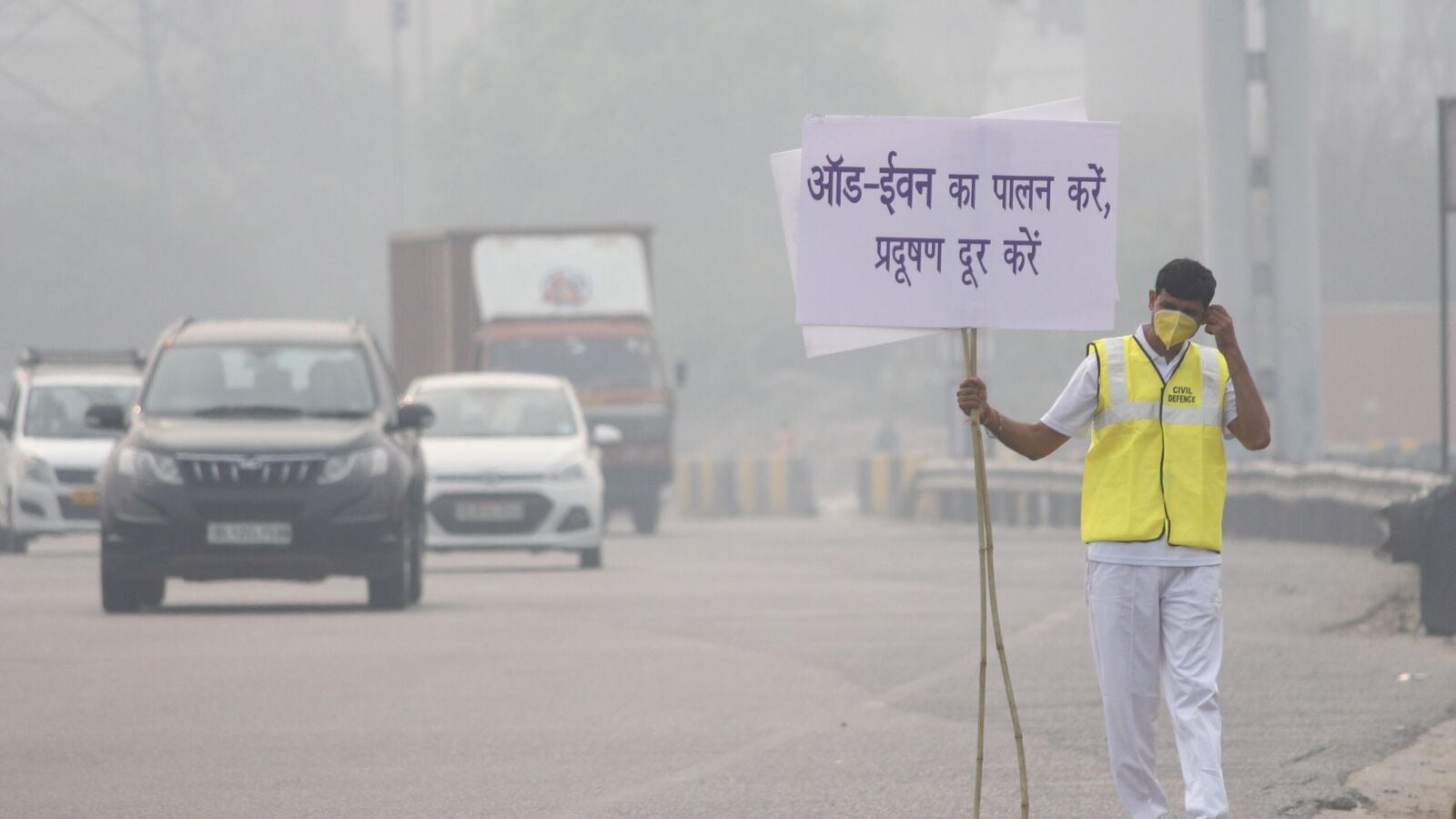The Odd-Even rule in Delhi will not be implemented from November 13. Gopal Rai, Environment Minister of Delhi confirmed plans to postpone the scheme on Friday after the Supreme Court came down heavily against the vehicle rationing system. The apex court criticised the Odd-Even rule questioning its efficacy in bringing down pollution level. It said that the scheme will have minimum impact in efforts to curb pollution amid very poor to severe air quality index (AQI) in the national capital. The court has asked the Delhi government to take a call on whether to implement the Odd-Even rule at all.
On Monday, the Delhi government had announced that it will re-introduce the Odd-Even rule in the national capital after four years. The city is currently under grip of severe pollution and smog ahead of Diwali festivities. Anticipating that the air quality will worsen further, the state government had planned to relaunch the vehicle rationing system a day after the festival. However, while addressing a press conference today, Gopal Rai said, “Due to the rainfall last night, the AQI which was 450+ has now reached around 300. In view of this, the decision to implement the odd-even rule has been postponed. The situation would be analysed again after Diwali,” he said while addressing the media.”
Earlier today, the Supreme Court refused to entertain Delhi government’s submission that it will finalise the Odd-Even rule and its modalities, including vehicle exemption and timings, after the court’s order. “Don’t try to not perform and then shift the burden on the court,” the Supreme Court said today. “As per the report from amicus curiae, advocate assisting the court on the issue, odd-even does not help; it will have a minimal impact,” the Supreme Court bench added. The Supreme Court had earlier termed Delhi government’s move to introduce Odd-Even rule as an ‘optics’.
Also Read : After Delhi, Gurugram, Noida and Faridabad ban entry of BS3 petrol, BS4 diesel cars to check pollution
The Odd-Even rule was first introduced back in 2016. It was implemented in 2016, 20017 and 2019. Several studies have been published to determine the efficacy of the Odd-Even rule in effectively bringing down pollution levels. While the scheme helps to reduce vehicular traffic, especially passenger vehicles, it also promotes public transport. However, none of the studies show that Odd-Even rule has helped improve air quality by much in the previous instances.
Also Read : Over 1,300 vehicles fined in Delhi for plying without pollution certificates
The Odd-Even vehicle rationing system restricts private vehicles to operate on alternate days based on their registration numbers. For instance, registration numbers ending with odd numbers will be allowed to ply on odd dates. Cars and two-wheelers which have registration ending with even numbers will be allowed to ply on even dates.
First Published Date: 10 Nov 2023, 15:07 PM IST
Source link

